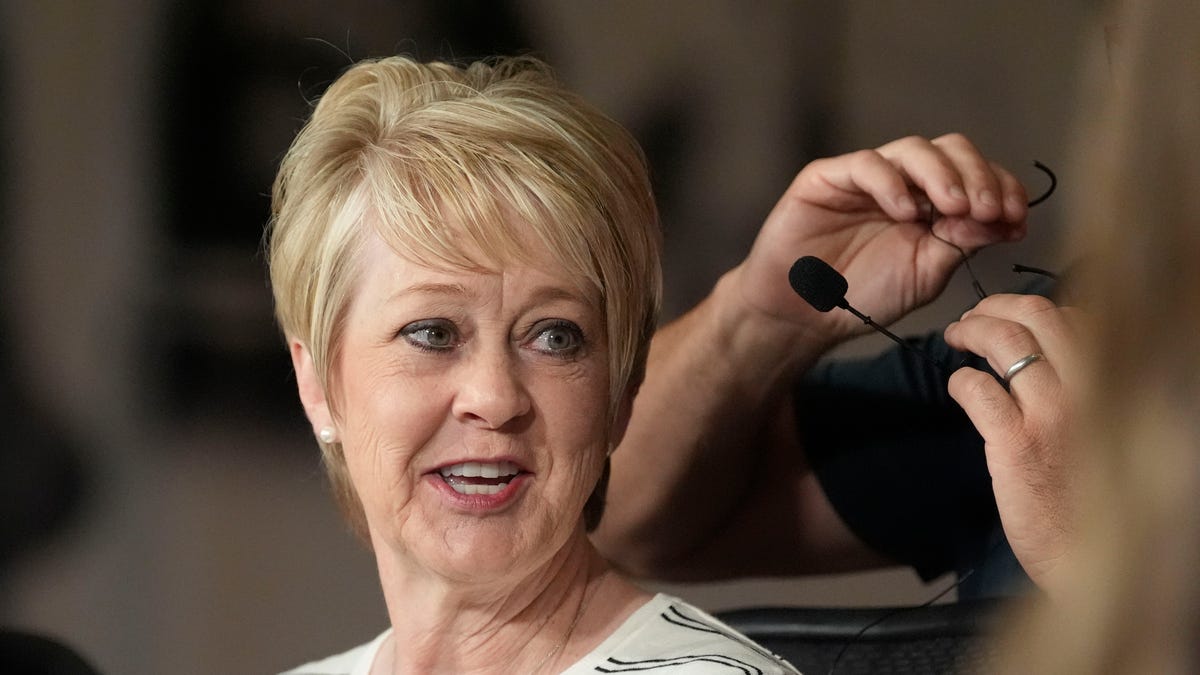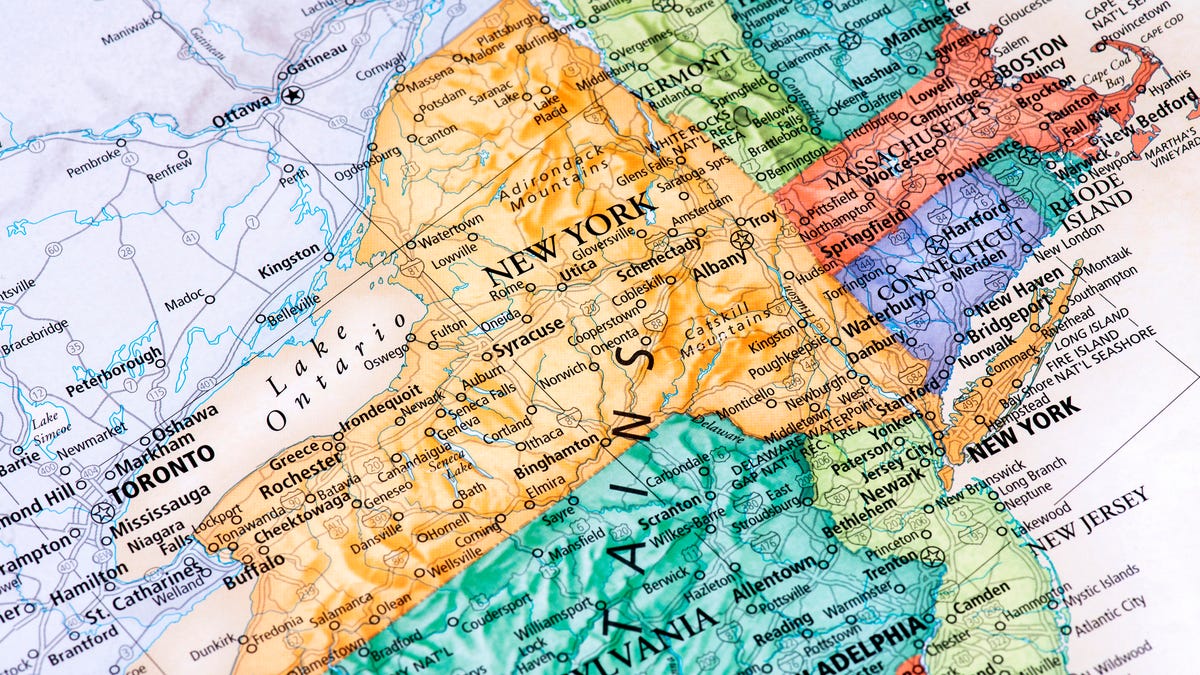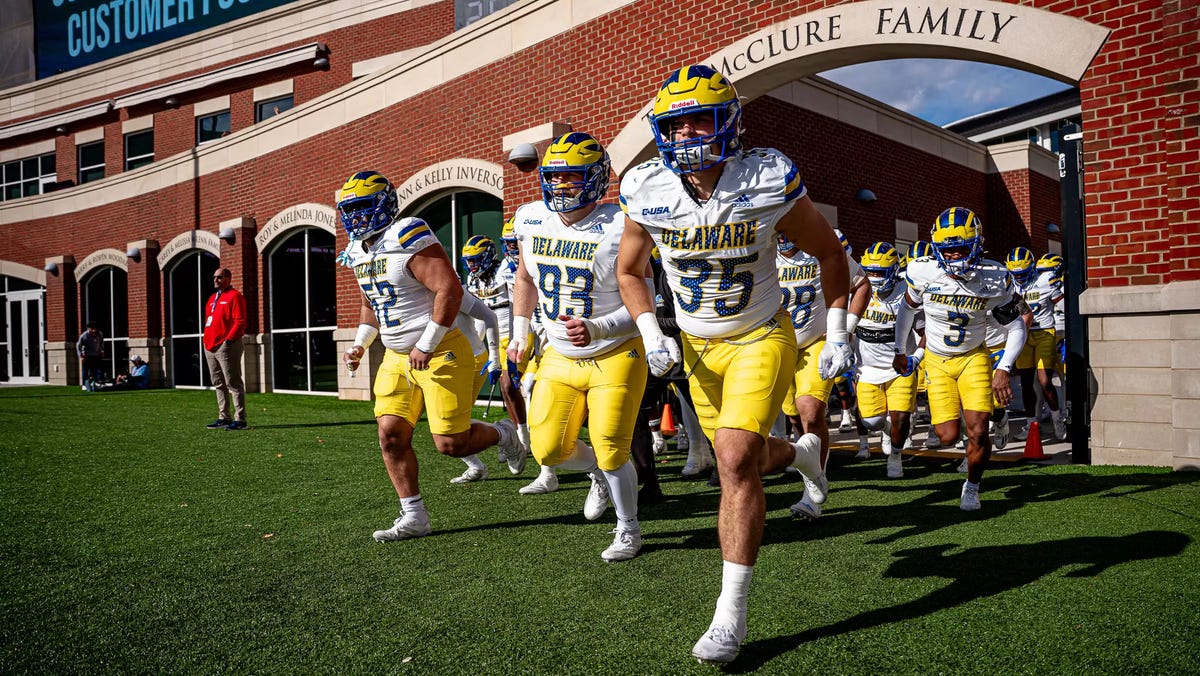South-Carolina
S.C. must weigh economic impact of its abortion restrictions; here’s why

Two years ago, the Supreme Court overturned Roe vs. Wade, fundamentally altering women’s rights across the nation. As I returned to work from maternity leave, the weight of having fewer rights than just weeks before filled me with rage and sorrow. However, today I’m not writing about bodily autonomy, but about the long-term economic implications of abortion restrictions.
As a numbers person, I find it economically illogical to restrict — let alone ban — abortion. According to a recent publication by the Institute for Women’s Policy Research, should abortion restrictions reach a national scale, the United States would suffer a near $173 billion economic loss. For South Carolina in particular, our projected annual loss is nearly $3 billion. This staggering figure suggests that our lawmakers, in their perceived focus on moral and ethical considerations, might not have carefully considered the economic ramifications of these restrictive measures.
More: SC Senate passes six-week abortion ban. New litigation expected after Gov. signs into law.
Let’s break down the potential impact on South Carolina’s workforce. There are approximately 1.38 million women participating in our state’s workforce, with nearly one-third ages 20 to 35 — the group in which most abortions were performed. In 2022, the South Carolina Department of Health reported 5,568 abortions, mostly from families who already have children. If we removed just these individuals from the workforce, South Carolina would lose more than $211 million per year (based on a median income of $38,000).
This figure doesn’t account for any supplemental public benefits these families might need if another child pushes them into poverty. Based on average SNAP benefits alone, it could cost South Carolina an additional $1,392,000 annually — not including medical coverage, cash assistance, or child-care scholarships. Over five years, the minimum economic impact could reach $1,064,880,000.
Moreover, while recent stories reported a drastic 80% drop in abortion rates in South Carolina, they fail to mention that more than 8,000 individuals sought abortions in neighboring states like North Carolina. This not only represents a significant economic outflow, but also places additional burdens on those seeking care.
These economic realities are stark, but they raise deeper questions: What do South Carolinians truly value? We live in a state of perpetual dichotomy. We claim to prioritize family values but don’t provide the support systems that families need, like universal child care. We talk about protecting children, but our governor rejected federal funds for a program offering food assistance to needy families during the summer months when schools are closed.
For years, the Women’s Rights and Empowerment Network (WREN) fought to remove the sales tax from essential period products in the same year that our representatives passed legislation approving aerial hunting of feral hogs. This disconnect between our stated values and our lawmakers’ legislative priorities is striking.
And the ripple effects of these restrictions extend far beyond immediate economic impacts, affecting our entire state:
- Health care: Our medical system faces potential deterioration as professionals leave for states where they can provide comprehensive reproductive care. This exodus, coupled with fewer incoming medical students and residents, could lead to provider shortages and reduced quality of care for everyone.
- Education: Restricted access to reproductive healthcare could widen educational gaps. Teenage parents already face challenges in continuing their education, leading to higher dropout rates and delayed pursuit of higher education. This affects future earnings and economic mobility, creating a cycle of disadvantage.
- Business and employment: Companies may hesitate to locate or expand in a state with such restrictions, affecting job opportunities for everyone.
- Public resources: The increased strain on health care and social services could likely lead to higher taxes or reduced services for all citizens, regardless of gender or reproductive status.
The economic fall of South Carolina isn’t a distant possibility – it’s a looming threat if we continue down this path. It’s time for all South Carolinians, regardless of personal beliefs about abortion, to seriously consider the economic consequences of these policies. Are we prepared to sacrifice billions in economic activity, strain our public resources, and potentially drive away job-creating businesses?
As we approach the polls and engage with our representatives, let’s demand policies that support not just our values, but our economic well-being. The prosperity of our state and the welfare of all its citizens depend on it.
We must act now to prevent South Carolina from falling into a preventable economic decline. Our future depends on it.
Dr. Amalia Luxardo is chief executive officer for the Women’s Rights & Empowerment Network (WREN) in South Carolina.

South-Carolina
South Carolina Lottery Powerball, Pick 3 results for Nov. 1, 2025

Powerball, Mega Millions jackpots: What to know in case you win
Here’s what to know in case you win the Powerball or Mega Millions jackpot.
Just the FAQs, USA TODAY
The South Carolina Education Lottery offers several draw games for those aiming to win big. Here’s a look at Nov. 1, 2025, results for each game:
Winning Powerball numbers from Nov. 1 drawing
02-26-43-44-62, Powerball: 22, Power Play: 2
Check Powerball payouts and previous drawings here.
Winning Pick 3 Plus FIREBALL numbers from Nov. 1 drawing
Midday: 4-8-5, FB: 8
Evening: 8-1-0, FB: 4
Check Pick 3 Plus FIREBALL payouts and previous drawings here.
Winning Pick 4 Plus FIREBALL numbers from Nov. 1 drawing
Midday: 4-3-8-3, FB: 8
Evening: 4-5-1-1, FB: 4
Check Pick 4 Plus FIREBALL payouts and previous drawings here.
Winning Cash Pop numbers from Nov. 1 drawing
Midday: 01
Evening: 03
Check Cash Pop payouts and previous drawings here.
Winning Palmetto Cash 5 numbers from Nov. 1 drawing
04-16-17-34-38
Check Palmetto Cash 5 payouts and previous drawings here.
Winning Powerball Double Play numbers from Nov. 1 drawing
07-10-19-42-59, Powerball: 26
Check Powerball Double Play payouts and previous drawings here.
Feeling lucky? Explore the latest lottery news & results
Are you a winner? Here’s how to claim your lottery prize
The South Carolina Education Lottery provides multiple ways to claim prizes, depending on the amount won:
For prizes up to $500, you can redeem your winnings directly at any authorized South Carolina Education Lottery retailer. Simply present your signed winning ticket at the retailer for an immediate payout.
Winnings $501 to $100,000, may be redeemed by mailing your signed winning ticket along with a completed claim form and a copy of a government-issued photo ID to the South Carolina Education Lottery Claims Center. For security, keep copies of your documents and use registered mail to ensure the safe arrival of your ticket.
SC Education Lottery
P.O. Box 11039
Columbia, SC 29211-1039
For large winnings above $100,000, claims must be made in person at the South Carolina Education Lottery Headquarters in Columbia. To claim, bring your signed winning ticket, a completed claim form, a government-issued photo ID, and your Social Security card for identity verification. Winners of large prizes may also set up an Electronic Funds Transfer (EFT) for convenient direct deposit of winnings.
Columbia Claims Center
1303 Assembly Street
Columbia, SC 29201
Claim Deadline: All prizes must be claimed within 180 days of the draw date for draw games.
For more details and to access the claim form, visit the South Carolina Lottery claim page.
When are the South Carolina Lottery drawings held?
- Powerball: 10:59 p.m. ET on Monday, Wednesday, and Saturday.
- Mega Millions: 11 p.m. ET on Tuesday and Friday.
- Pick 3: Daily at 12:59 p.m. (Midday) and 6:59 p.m. (Evening).
- Pick 4: Daily at 12:59 p.m. (Midday) and 6:59 p.m. (Evening).
- Cash Pop: Daily at 12:59 p.m. (Midday) and 6:59 p.m. (Evening).
- Palmetto Cash 5: 6:59 p.m. ET daily.
This results page was generated automatically using information from TinBu and a template written and reviewed by a South Carolina editor. You can send feedback using this form.
South-Carolina
South Carolina vs. Ole Miss Prediction, Odds and Key Players to Watch for College Football Week 10

The Ole Miss Rebels are fresh off a big 34-26 road win against Oklahoma and are now in the driver’s seat for a spot in this year’s College Football Playoff.
To keep their hopes alive, they can’t look past the 3-5 South Carolina Gamecocks in Week 10, who, despite having a disappointing season, are still a dangerous team. South Carolina gave Alabama a scare last week, but ultimately lost by a score of 29-22.
Let’s dive into the odds and my best bet for this Week 10 matchup.
Odds via Caesars Sportsbook
Spread
Moneyline
Total
Ole Miss has relied on its running back this season. He already has 165 yards on the season, racking up 696 yards and 12 touchdowns. The key to beating the Rebels is finding a way to slow him down. If the Gamecocks can stop the Ole Miss run game, they might be able to pull off the upset.
I’m not as high on Ole Miss as some other people are this season. The Rebels rank 28th in the country in adjusted EPA per play and 50th in success rate. The combination of that, along with their strong record, makes them a potential sell-high candidate against a South Carolina team that’s 7-1 ATS in its last eight road games.
I’ll take the points with the Gamecocks in this SEC matchup.
Pick: South Carolina +12.5 (-110) via Caesars
Claim 20 100% profit boosts when you register with Caesars Sportsbook using code ‘SICZR20X’. This Caesars Sportsbook promo allows you to double your winnings on 20 bets after depositing $10 and placing a $1 wager.
Odds refresh periodically and are subject to change.
If you or someone you know has a gambling problem and wants help, call 1-800-GAMBLER.
You can check out all of Iain’s bets here!
South-Carolina
Thoughts on adding Ta’Niya Latson, losing Chloe Kitts after 2 South Carolina exhibitions

ATLANTA — South Carolina women’s basketball got two different looks at the 2025-26 team before the season officially begins, learning some good and bad through the two exhibition wins.
The Gamecocks beat UNC 91-82 on Oct. 30, after beating Division II Anderson 112-31 on Oct. 24. There are four new faces two the roster, two from the portal in Ta’Niya Latson and Madina Okot along with two freshmen in Ayla McDowell and Agot Makeer.
Coach Dawn Staley and the No. 2 Gamecocks open the season against Grand Canyon on Nov. 3 (7 p.m. ET) at home, her first real look at her 10 players as South Carolina aims for a fourth national championship.
With two exhibition games in the books and four days until wins and losses matter, here’s what stands out about this South Carolina team so far.
South Carolina has scorers but 3-point shooting still a work in progress
Latson didn’t come to South Carolina to shoot 3-pointers, but she did come after averaging 21 or more points the last three seasons for Florida State. She finished with 19 on 7-of-12 shooting from the floor against UNC, piggybacking off a 14-point night against Anderson.
She is getting more comfortable in South Carolina’s system and her mid-range magic was on display against the Tar Heels.
Latson got help from her fellow starters with sophomore forward Joyce Edwards scoring 27 against Anderson and 12 against UNC. Okot finished with double digits both games (17 and 11) and Tessa Johnson went 7-of-11 from the floor for 19 points against UNC.
The Gamecocks shot 53.1% from the field against Anderson and 50% against UNC but from behind the 3-point line they were 4-of-18 both games (22.2%). It’s an area to work on, especially if teams take away options inside.
South Carolina will need to be a multidimensional offense this season, especially in SEC play.
What Dawn Staley said about 2025-26 South Carolina roster’s chemistry
Staley lost starting forward Chloe Kitts to an ACL tear in the preseason, which put a wrench in her first five’s chemistry. Edwards and Kitts played really well down low last season, something Staley was looking to build off this season.
At times the last two games but against UNC especially, it looked like South Carolina was shooting early in the shot clock or late on a closeout, likely due to some miscommunication.
“This is a totally different basketball team,” Staley said. “We don’t have the continuity, chemistry and flow that we need. It’s a lot better, even than when we played against Anderson.”
Staley said with so many scorers, her players are still learning sometimes making that extra pass “stabs a defense just a little deeper.”
How Chloe Kitts injury is impacting South Carolina
Losing Kitts meant Edwards’ role would get bigger but Staley will need help from everyone. Until game action, it was hard to see where exactly South Carolina would struggle most without her.
It was a quality night from Okot in her debut on Oct. 24 but she found herself in foul trouble early against UNC. That forced some early minutes from Maryam Dauda, who looked more dominant in the paint. She relied on her 3-point shot a lot last year but looks stronger now and attacked the offensive boards especially against UNC.
She had 10 points and five rebounds against UNC.
Adhel Tac is improving, too, but has only scored nine points in 23 minutes across two games. She is 6-foot-5 and if Dauda is giving Edwards rest at the forward spot, Tac will need to score if Okot is in foul trouble.
Lulu Kesin covers South Carolina athletics for The Greenville News and the USA TODAY Network. Email her at lkesin@gannett.com. Follow her on X@Lulukesin and Bluesky@bylulukesin.bsky.social
-

 New York1 week ago
New York1 week agoVideo: How Mamdani Has Evolved in the Mayoral Race
-
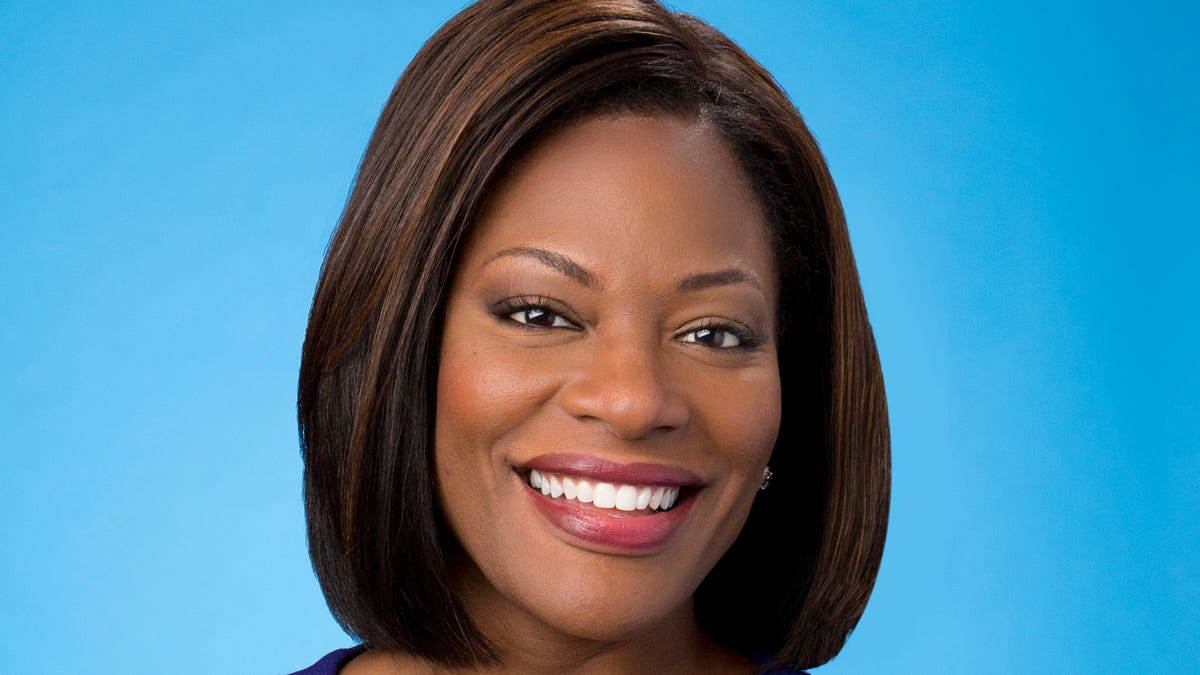
 Milwaukee, WI5 days ago
Milwaukee, WI5 days agoLongtime anchor Shannon Sims is leaving Milwaukee’s WTMJ-TV (Channel 4)
-
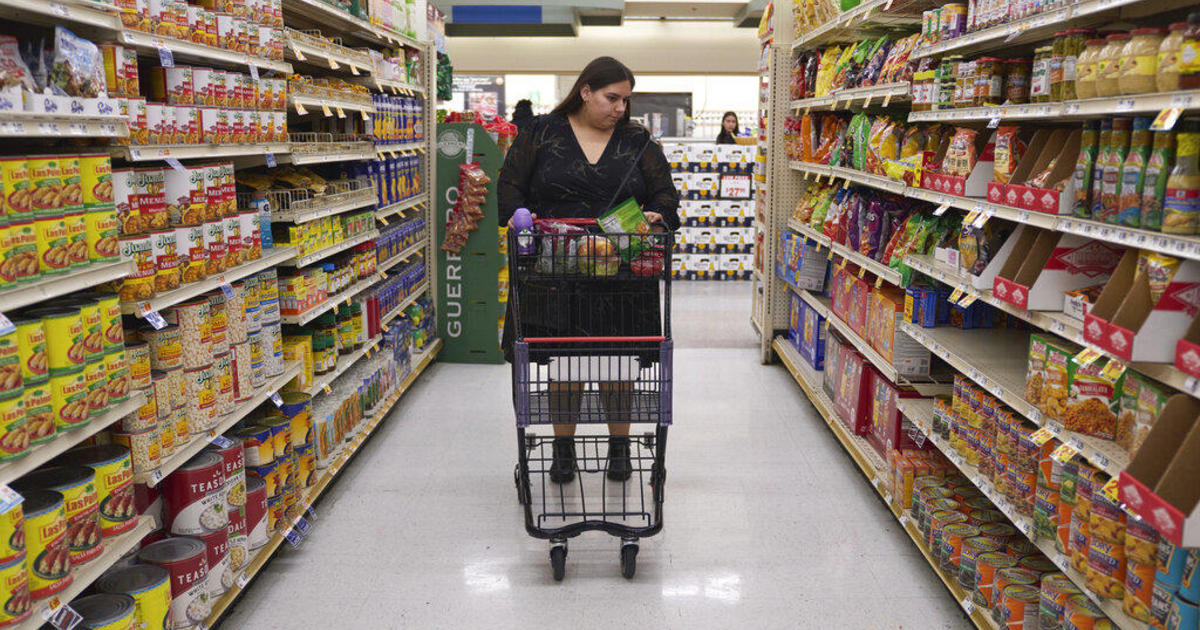
 News5 days ago
News5 days agoWith food stamps set to dry up Nov. 1, SNAP recipients say they fear what’s next
-
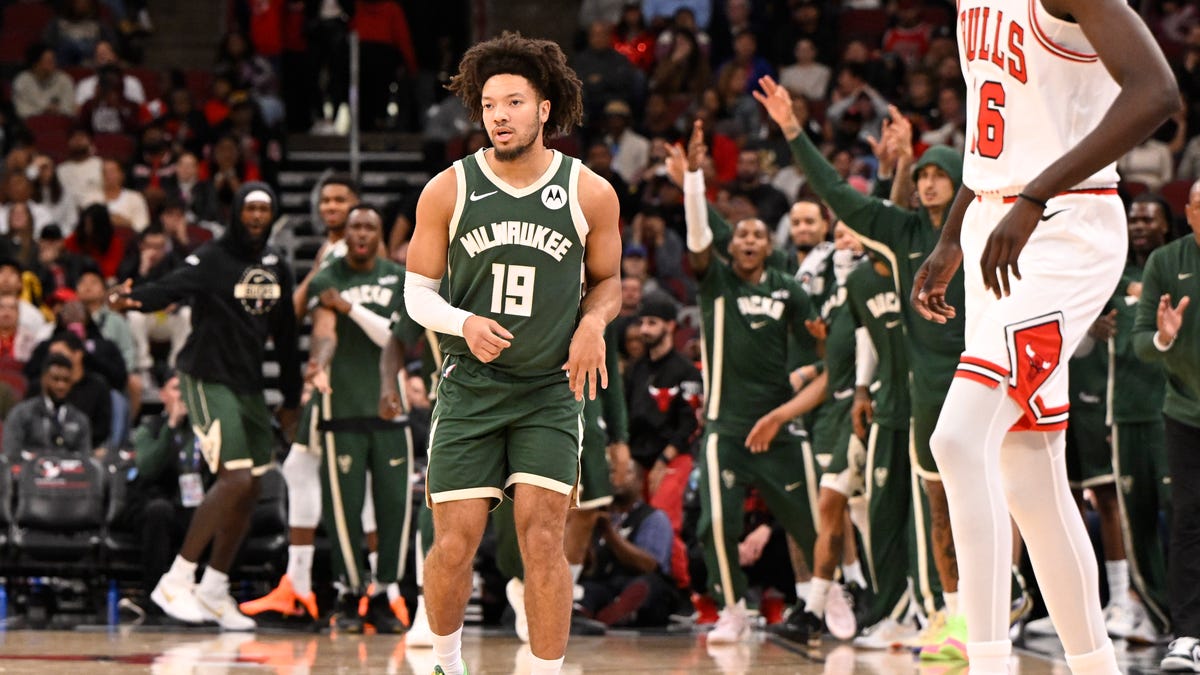
 Alabama6 days ago
Alabama6 days agoHow did former Alabama basketball star Mark Sears do in NBA debut with Milwaukee Bucks?
-

 Politics1 week ago
Politics1 week agoGrassley releases memo showing DOJ ‘unleashed unchecked government power’ on Trump associates
-

 News1 week ago
News1 week agoMap: Minor Earthquake Strikes Southern California
-

 World1 week ago
World1 week agoTrump says all trade talks with Canada are terminated over Reagan ad
-

 News1 week ago
News1 week agoTrump backs away from sending federal agents to San Francisco | CBC News


